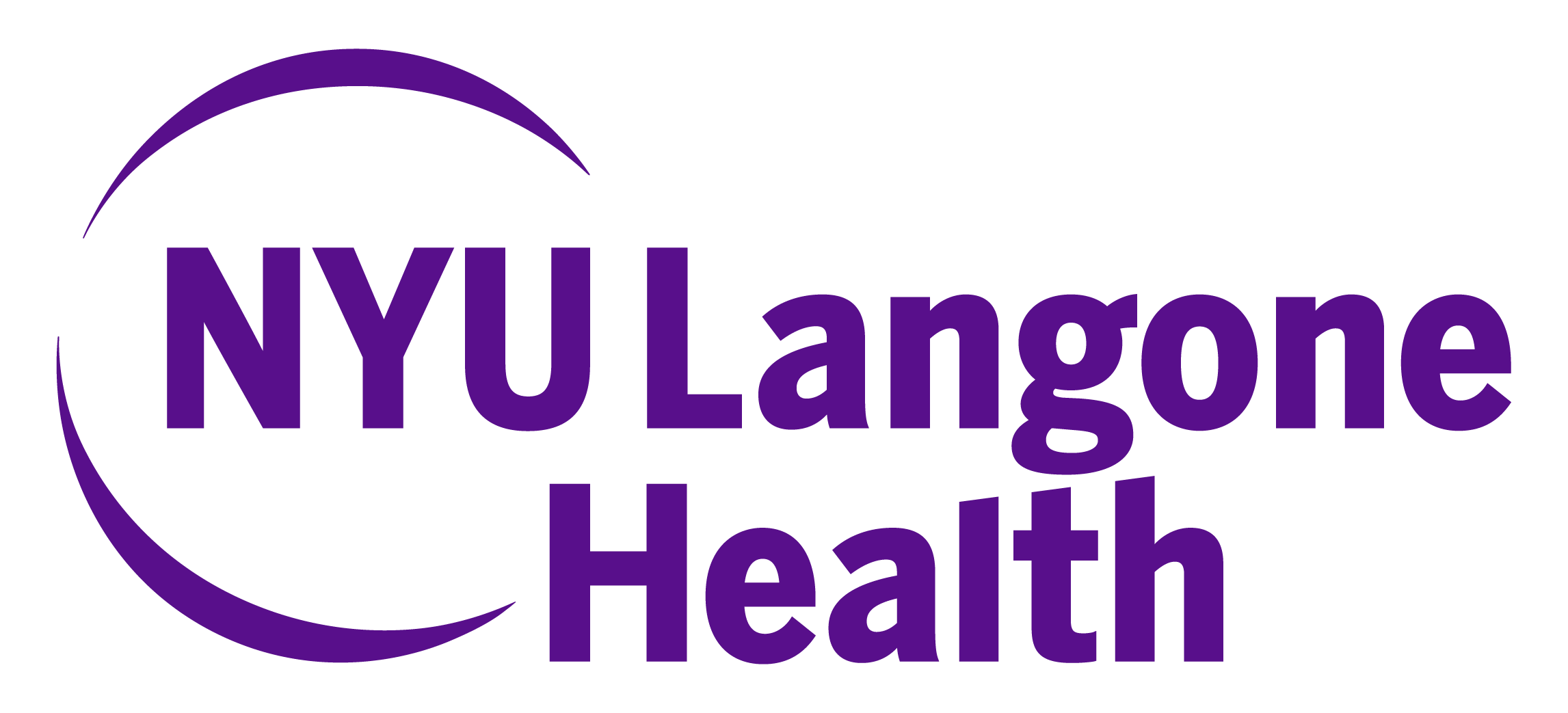- Advertise
- About OncLive
- Editorial Board
- MJH Life Sciences brands
- Contact Us
- Privacy
- Terms & Conditions
- Do Not Sell My Information
2 Clarke Drive
Suite 100
Cranbury, NJ 08512
© 2025 MJH Life Sciences™ and OncLive - Clinical Oncology News, Cancer Expert Insights. All rights reserved.
Dr Marc Braunstein: Program Building, Education in Hematologic Cancers
Marc J. Braunstein, MD, PhD, FACP, of NYU Grossman Long Island School of Medicine, discusses lessons learned with program building and medical education with hematologic cancers.
Marc J. Braunstein, MD, PhD, FACP, associate professor of internal medicine, codirector of the Hematology Organ System, fellowship program director of Hematology-Oncology, NYU Grossman Long Island School of Medicine, discusses lessons learned with program building and medical education with hematologic cancers.
Braunstein's research interests are in 3 general areas: hematologic malignancies, specifically lymphomas and plasma cell disorders; quality improvement; and medical education. His research activities include serving as site principal investigator on industry-sponsored clinical trials, and retrospective studies that include oncology databases, as well as quality improvements, research, and publication related to case studies and literature interview.
"I would choose this field again in a heartbeat, and [I am] so glad that I have the opportunity to be with patients, other clinicians, and trainees every day and just make a difference," Braunstein explained.
As Braunstein reflected on aspects of his accomplished career, he emphasized the importance of having a solid mentor or two.
"It's really important to find someone who really cares about your career, and is willing to have a bi-directional conversation about how they can help you and how you can have a symbiotic relationship," he added. "There are different types of mentors: there are advisors, coaches, and then true mentors who are going to try to promote you and to get you to where you want to go and help you in your career."
Braunstein further mentioned that the complexity of academic medicine comprises several stakeholders, and grant applications and running clinical trials can be cumbersome tasks.
"Clinical trials take a lot of your time and sometimes you need to carve out time. It's so crucial to have good mentors and maybe even more than one who can give you opportunities to talk at conferences or be involved in a research project or educate you on things you didn't learn in medical school, like self-promotion using social media."


